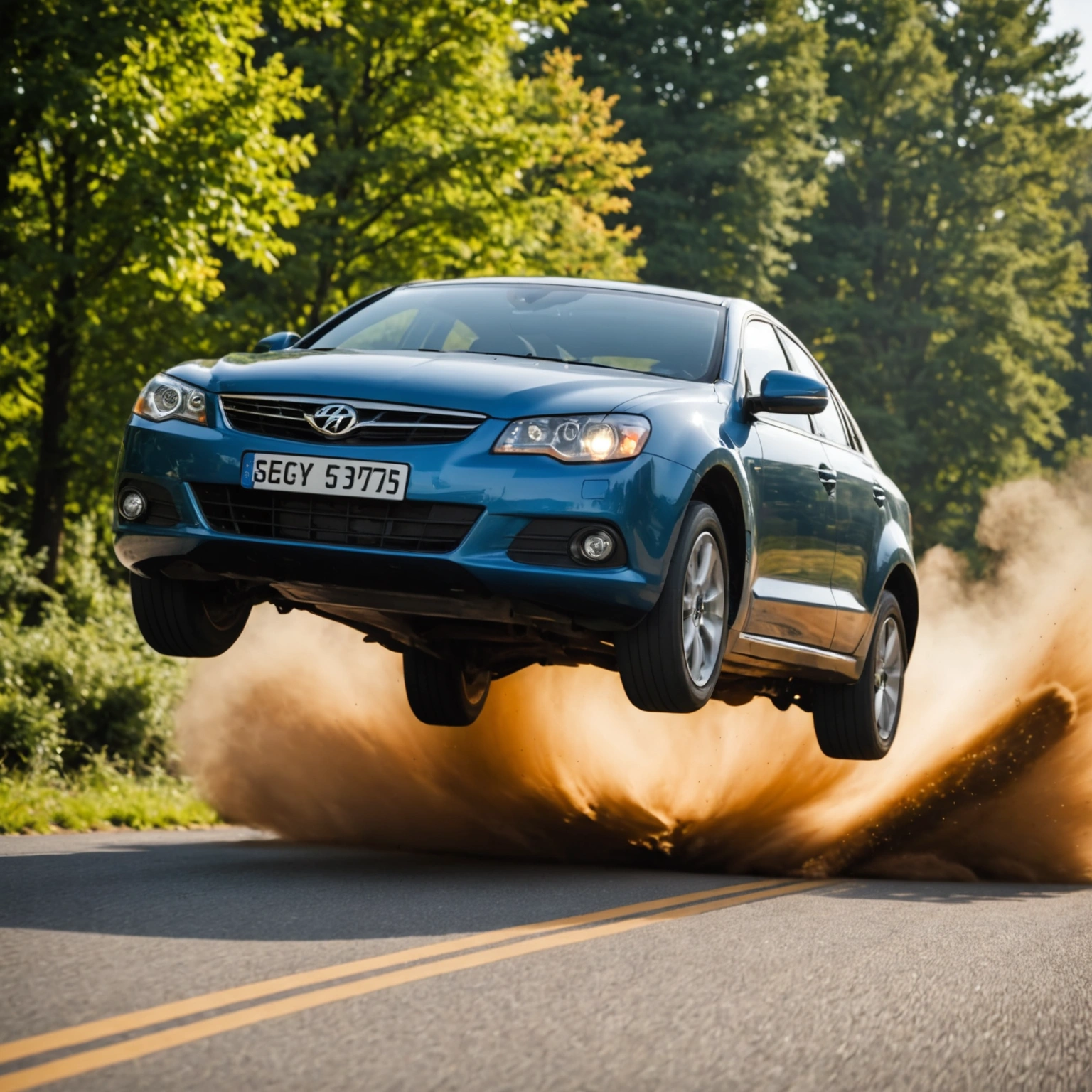**Why Does My Car Jump When I Accelerate? Understanding the Causes and Solutions**
Have you ever pressed the gas pedal and felt your car suddenly jump or jerk forward? This unexpected movement can be unsettling and may indicate underlying issues with your vehicle. Understanding why your car jumps when you accelerate is essential for maintaining safety and preventing further damage. Let’s explore the common causes behind this problem and what you can do about it.

### Common Causes of Car Jumping During Acceleration
1. **Ignition System Problems**

– **Worn or Faulty Spark Plugs:** Bad spark plugs can cause misfires, leading to rough acceleration or jerking motions.
– **Ignition Coils Issues:** If the coils aren’t delivering consistent voltage, the engine may misfire, causing the car to jump.

2. **Fuel System Issues**
– **Dirty or Clogged Fuel Injectors:** Blocked injectors can result in uneven fuel delivery, causing hesitation and jerking.

– **Fuel Pump Problems:** A failing fuel pump can lead to inconsistent fuel pressure, affecting acceleration smoothness.
3. **Transmission Troubles**
– **Worn Clutch (Manual Transmission):** Slipping or worn-out clutches can cause sudden jumps when accelerating.
– **Transmission Fluid Problems (Automatic):** Low or dirty transmission fluid can impair shifting and cause jerks.
4. **Vacuum Leaks**
– Leaks in the vacuum hoses can disrupt the air-fuel mixture, leading to rough idling and jerky acceleration.
5. **Sensor Malfunctions**
– **Mass Air Flow (MAF) Sensor:** A faulty MAF sensor can send incorrect data to the engine control unit (ECU), causing improper fuel mixture.
– **Throttle Position Sensor (TPS):** Issues here can result in erratic acceleration or jumping.
6. **Engine and Transmission Mounts**
– Worn or broken mounts can cause excessive engine movement, making the vehicle feel like it’s jumping during acceleration.
7. **Dirty or Faulty EGR Valve**
– A stuck Exhaust Gas Recirculation (EGR) valve can cause rough engine operation and jerking.
### How to Diagnose and Fix the Issue
– **Perform a Visual Inspection:** Check for obvious issues like loose or damaged hoses, leaks, or worn belts.
– **Scan for Error Codes:** Use an OBD-II scanner to detect any stored trouble codes related to sensors or engine systems.
– **Check Spark Plugs and Wires:** Replace worn or fouled spark plugs and inspect ignition wires.
– **Inspect Fuel System Components:** Consider professional cleaning of fuel injectors and testing the fuel pump.
– **Check Transmission Fluid:** Ensure the fluid is at the correct level and in good condition.
– **Consult a Professional:** If you’re unsure or uncomfortable performing repairs, a certified mechanic can accurately diagnose and fix the problem.
### Preventive Tips
– Regularly maintain your vehicle according to the manufacturer’s schedule.
– Use quality fuel and replace filters as recommended.
– Keep an eye on engine warning lights and address issues promptly.
– Schedule periodic inspections of transmission and engine mounts.
### Final Thoughts
A car that jumps or jerks when accelerating can stem from various issues, ranging from simple maintenance needs to more complex mechanical problems. Addressing the root cause promptly not only restores smooth driving but also prevents potential damage to your vehicle’s engine or transmission. If you’re experiencing this issue, don’t hesitate to seek professional assistance to keep your car running safely and reliably.
—
**Stay safe on the road!** Regular maintenance and attentive driving habits are key to preventing acceleration jerks and ensuring a smooth ride.

